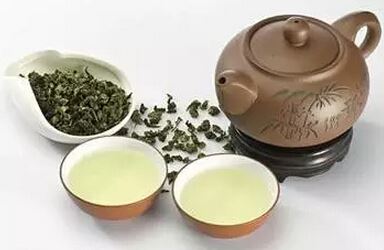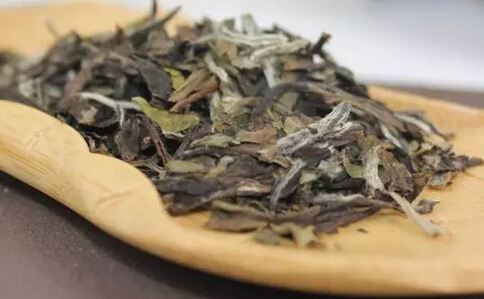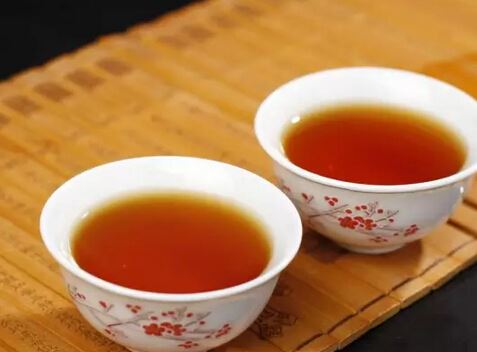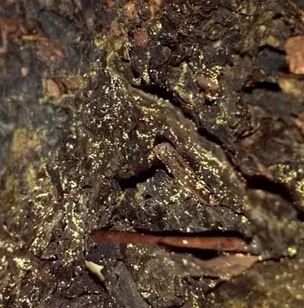For the Chinese, drinking tea for health preservation is a tradition that has been passed down for thousands of years. In recent years, there have been more and more studies on the health benefits of tea leaves: cancer prevention, cardiovascular protection, radiation protection… It seems that all the health risks in people's lives can be mitigated by a cup of tea.

So, what are the nutritional components in tea leaves, can they really play a role in health preservation, and how should one drink them to maximize their health benefits?
Experts point out that the health benefits of tea that are currently well-established include cancer prevention (including lung, esophageal, liver, and colorectal cancers), lipid regulation, blood sugar reduction, immune function enhancement, and prevention of smoking-induced damage. Drinking tea can repair DNA damaged by smoking, and the effect is very good. This is a conclusion we reached through human experiments, which can be considered a leading conclusion worldwide.
The effective nutritional components in tea are diverse, such as the familiar tea polyphenols, as well as theanine, vitamins, caffeine, and others. According to the production method, Chinese teas are divided into six categories: Green Tea, black tea (red tea in China), Yellow Tea, white tea, Oolong Tea, and dark tea (Pu'er).
There are also some reprocessed teas, such as flower teas, which developed from the six major categories. Different types of tea contain different effective components and thus have different effects. Green tea protects the cardiovascular system. Green tea belongs to the non-fermented category, with representatives like West Lake Longjing, Dongting Biluochun, and Huangshan Maofeng. Its main benefits include cancer and cardiovascular disease prevention, as well as antioxidant properties, immunity enhancement, and bacterial inhibition and killing.
White tea relieves anxiety.

White tea can be classified into two types. One type is Anji white tea, which is actually a type of green tea. Due to its milder taste compared to regular green tea, it has become very popular in recent years.
The main benefits of white tea include brain nerve protection, memory enhancement, and anxiety reduction. Additionally, theanine in white tea can neutralize some of the effects of caffeine. People who fear that drinking tea might affect their sleep can try white tea.
Another type is white tea produced in the Fuding area of Fujian province. This type of tea has a lower production volume and a stronger flavor than regular green tea. Based on current research, this type of tea has good effects on immune regulation and blood sugar reduction.
Oolong and black tea reduce cholesterol.

Oolong tea is a semi-fermented tea, with representative varieties including Wuyi Yancha (Dahongpao), Tieguanyin, Dongding Oolong, and Phoenix Dancong. Black tea, on the other hand, is fully fermented, with representative varieties including Qihong from Anhui, Dianhong from Yunnan, and renowned teas from India and Sri Lanka. Since black tea undergoes fermentation, it is less stimulating than green tea, and its benefits differ, such as promoting blood circulation and lowering cholesterol.
Dark tea reduces weight and fat.

Dark tea is a post-fermented tea, and the most familiar variety is Pu'er tea. It contains a high total amount of tea polyphenols, which have a good effect on lipid reduction and weight loss. It was reported that Professor Benoît Jacques of Hôpital Henri Mondor in Paris gave 20 patients with excessive blood lipids three bowls of Yunnan Pu'er tea per day, and after one month, the patients' blood lipids had decreased by almost one-quarter.
Pu'er tea can inhibit weight gain, reduce cholesterol, and triglycerides in the blood. Some famous teas, such as Mingqian tea from Longjing, have no difference in their effective components compared to ordinary teas, but the content may vary. Mingqian tea, due to its early harvest, has higher levels of theanine and vitamin C and lower levels of tea polyphenols. For health preservation considerations, there is no need to purchase particularly expensive teas.